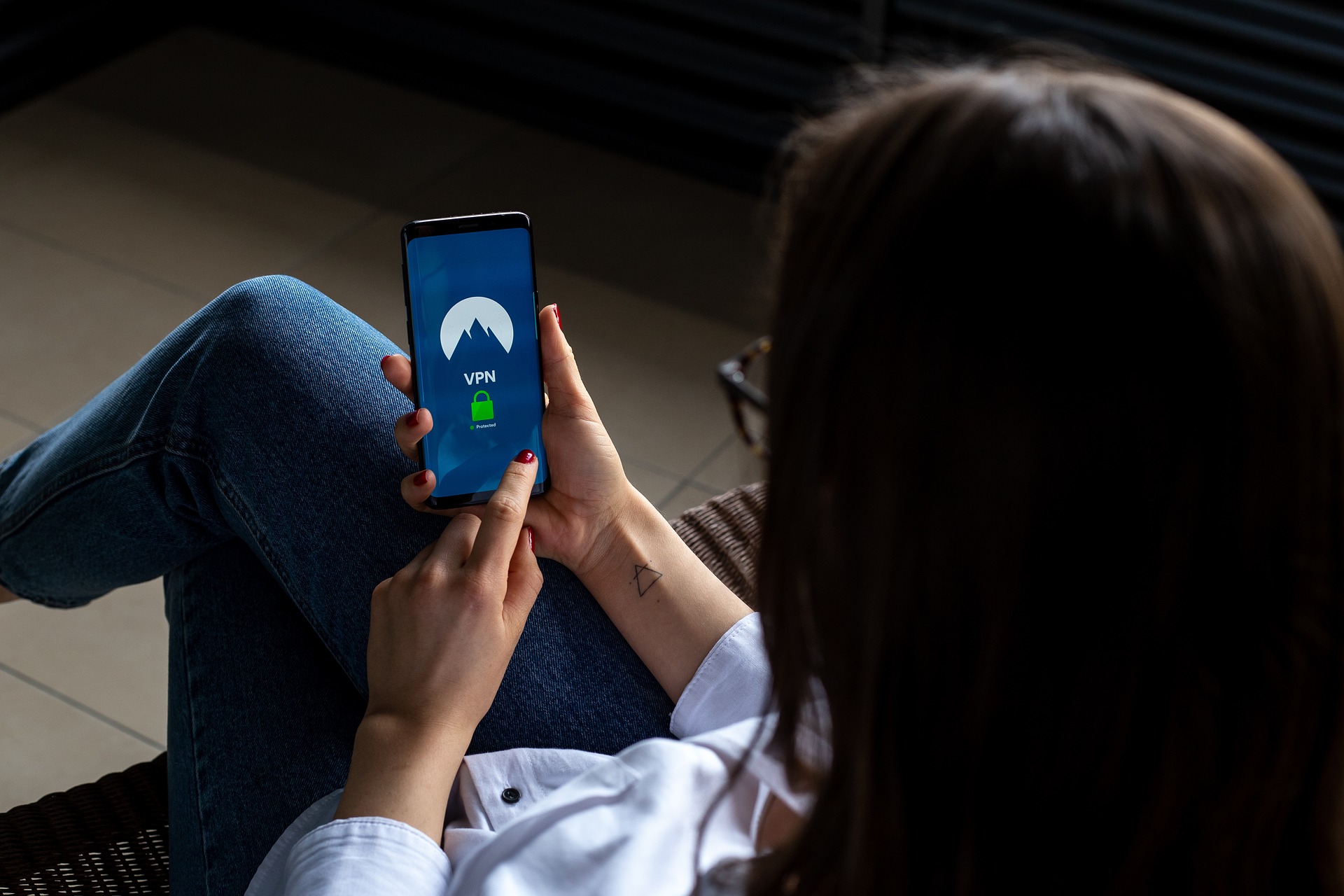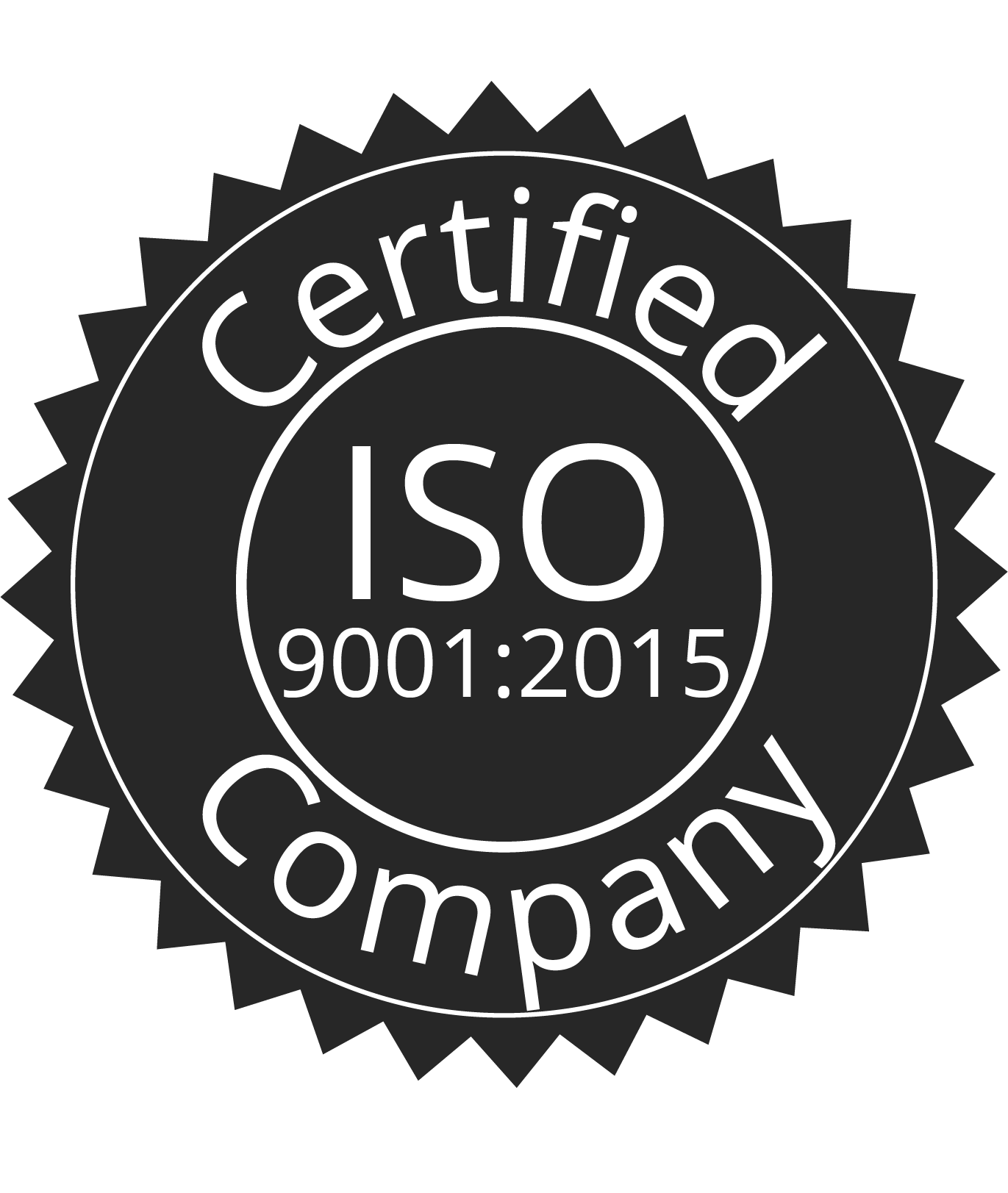All too often we find ourselves searching for free Wi-Fi access while on-the-go, shopping, patiently waiting for appointments, working or traveling. However, we tend to fall victim to free and available Wi-Fi networks because they seem simple, convenient and there are no strings attached regarding data overage charges by your mobile carrier. Though, the best things in life aren’t always necessarily ‘free.’ In fact, tapping into an unsecured, wireless network from your device can cost you way more than you may think, and the FBI is warning everyone to stay away from free Wi-Fi hotspots completely. By not taking precautions, you run a high risk of having personal information – and anything on your device – being compromised and potentially stolen.
Here’s the most frightening part – most free Wi-Fi networks are not properly secured by a password which makes these networks an easy target for cybercriminals and malicious activity. Connecting to free, unencrypted Wi-Fi is basically an open invitation for hackers to access your device however they choose. Once they’ve compromised your device, they can load malware, steal your passwords, PINS or even gain remote access to your contacts and camera. Not to mention, they’ve gained access to your images on your phone as well – weddings, children, birthday parties, holidays, births – you name it, it’s now in their possession. And another unsettling side note? Most pictures taken with smartphones automatically add location data, so if someone has compromised your device and notices your most recent images (possibly taken on that same day), they will ultimately know your exact location as well. With today’s rapidly evolving cyber threat landscape, you can never be too careful or mindful of how you’re using your connected devices and how you can secure them in order to prevent being a cybercriminal’s next victim.
So, what should you use in place of a free Wi-Fi network? The FBI first recommends using your device’s personal hotspot feature that most smartphones offer. This feature is commonly a secured and encryption enabled option with a good, strong password that most cybercriminals won’t be able to guess. If you don’t have that option or you’re running low on data for the billing cycle (because using your personal hotspot feature will use up your data) the next best recommendation would be using a VPN from a trustworthy provider. Luckily, VPNs provide encryption that free Wi-Fi networks tend to lack thus keeping your device and personal information safe, secured and out of the wrong hands.
A few other options for connecting to a safe network would be using security vendors such as F-Secure, McAfee and Symantec. If you don’t have a subscription to a VPN service, the FBI also warns to heed extreme caution when accessing an unsecured network. Avoid logging into confidential services like email services, online banking, social accounts and DO NOT make any credit or debit card purchases that would allow these hackers to obtain your card number or other sensitive information.
The moral of the story is to always be extremely cautious when connecting to unsecured networks – if it’s not protected by a password, your information isn’t protected either – there’s never a guarantee that you won’t be someone’s target.





